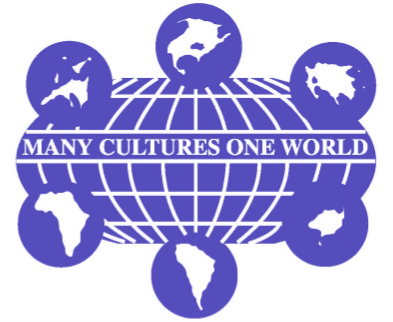 Madeleine Leininger: Fifty Years of Climbing to Stardom by Monique Germain, MS, RN, CNE, CTN-A, President Transcultural Nursing Society
Madeleine Leininger: Fifty Years of Climbing to Stardom by Monique Germain, MS, RN, CNE, CTN-A, President Transcultural Nursing Society
As we turn the page to celebrate our 50th year of success of Transcultural Nursing as a subdiscipline, we are pleased and thankful to all nurses, friends, and the community who helped TCNS grow, develop, and mature. We express our deepest gratitude for all you have done and continue to do. Some of you have donated time and effort to help the organization. Many of you have contributed to research and expanding Transcultural Nursing as a subdiscipline. Some of you have laid the foundation by adding building blocks that allow nurses to climb and reach out to each other to provide culturally competent care to the people they encounter.
For fifty years, Leininger has been crafting tools to promote Human Caring through the lens of transcultural nursing theory and practice. Who would have predicted that a person who goes to school to become a nurse would celebrate fifty years of nurturing the care of people of various backgrounds this year?
Dr. Leininger was a person with strong convictions. She believed that if one could under-stand someone by learning who the person is, care could be organized and delivered based on that knowledge. She has encouraged us to strengthen our values so we can accomplish the mission of the TCNS. Dr. Leininger’s background in psychology and anthropology has shaped her to understand human behavior and diagnose the health needs of those in need. Dr. Leininger has observed and examined people’s behavior from different contexts. She further studied their lifeways, exposing them as humans who have real needs and deserve safe and culturally congruent care.
What did Dr. Leininger see in understanding people’s backgrounds that could improve their care? Upon formulating her ethnonursing theory, The Theory of Culture Care, Leininger constructed the Sunrise Model to visualize the elements of her theory and assist us nurses in health care decision-making. We, nurses, learned to better communicate with the people we serve and to help them accommodate their environment of care based on their belief system and their cultural practices.
Dr. Leininger has played a significant role in mentoring nurses to become compassionate, knowledgeable, and effective care providers using evidence-based practices and culture-specific approaches to improve the health outcomes of individuals, families, communities, and populations. Leininger uplifted the nursing profession by using methodologies other than the quantitative methods that were so accustomed to being applied when conducting research. Dr. Leininger’s experience in doing fieldwork as an anthropologist taught us to focus on understanding human behavior to uncover the medical and health needs of those we are charged to help. I am proud to have worked with her as I have benefited from sharing her knowledge and experience in learning and applying the Culture Care theory.
What became very revealing to me in practicing the Culture Care theory was considering caring as “emancipatory nursing praxis,” a term used by Ray & Turkel (2014) to explain the importance of embedding the language of social justice and human rights as elements of ethical principles of justice and human rights. Ray & Turkel (2014) have questioned the status quo of healthcare systems that function within “complex technical and economically driven bureaucratic systems,” which are driven to judge people as monetary units of care rather than persons with specific backgrounds with differing needs in care. Applying critical reflection, dialogue, and reasoned argumentation, the authors explained that nurses can preserve people's dignity, honor human rights, and practice fairness. Leininger’s theory of Culture Care Diversity and Universality has transformed to highlight the evolution of the Sunrise Model to the Sunrise Enabler.
The road Dr. Leininger and her colleagues paved for us is leading us to address critical health issues that impact different populations worldwide. This road continues to lead us to examine the social determinants that affect health and healthcare delivery and, at times, blind us from acknowledging the truth and preventing us from providing culturally appropriate care. However, because we cherish our values and are committed to our vision and goals, we will continue to pave the road for another 50 years! Let us come all aboard!
References:
McFarland, M. R. & Wehbe-Alamah, H. B. (2019). Leininger’s theory of culture care, diversity, and universality: An overview with a historical retrospective and a view toward the future. Journal of Transcultural Nursing, 30(6), 540-547.
doi: 10.1177/10433659619867134
Ray, M.A. & Turkel, M. C. (2014). Caring as emancipatory nursing praxis: The theory of relational caring complexity. Advances in Nursing Science, 37(2), 132-146.
Doi: 10.1097/ANS.000000000000024
